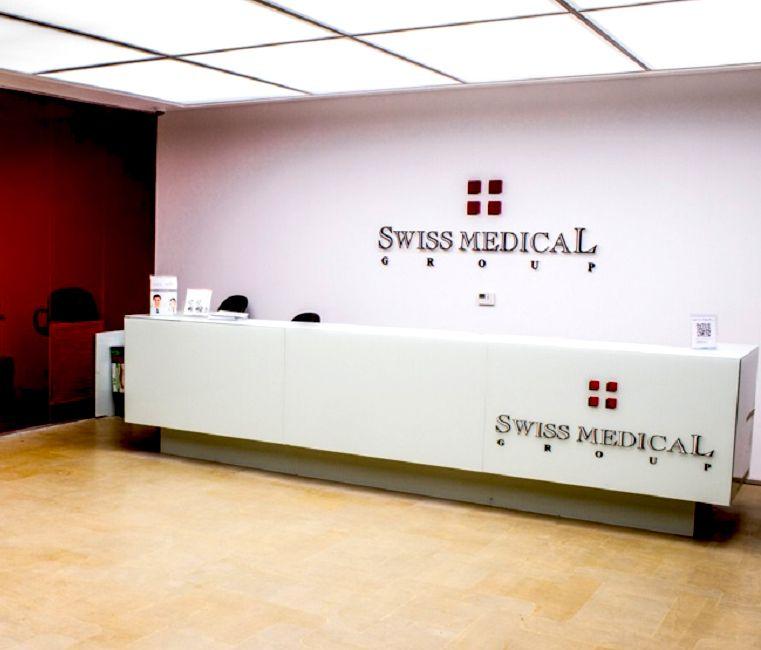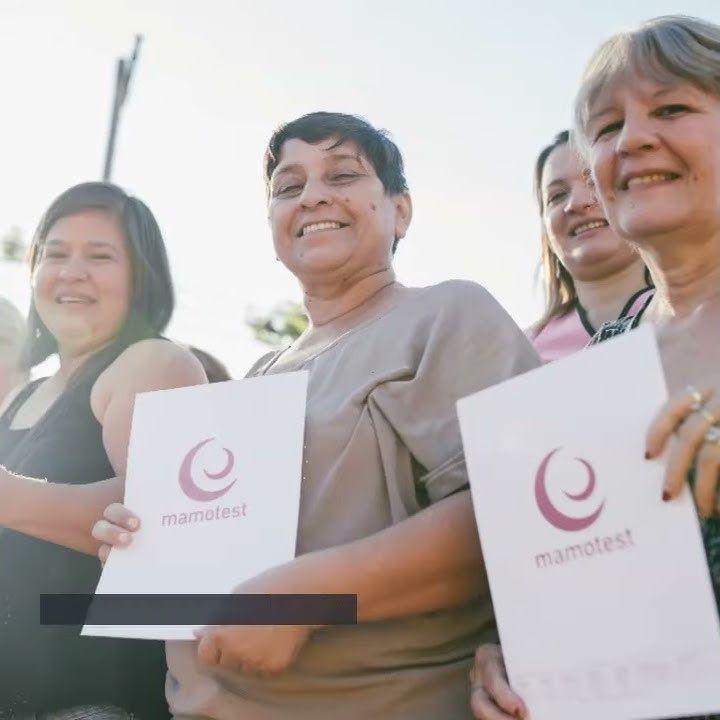
Success story
Success story: Swiss Medical Group
We provided training to programmers, enabling them to become part of this team of top companies in the health market.

Learn how we standardized 200,000 telemammography study results that were scattered across two different software systems.
Mamotest is a company from Argentina that leverages technology to make routine studies more accessible for women, regardless of their place of residence. Operating from 13 health centers, Mamotest supports both the public and private sectors by offering telediagnosis breast examinations, ranging from digital and 3D mammography to breast ultrasounds and stereotactic biopsies. Mamotest reached out to Arbusta in order to find a comprehensive solution to a big problem: they had over 200,000 medical results, crucial for early detection and treatment of breast cancer, stored across two different software systems. They had an urgent need to consolidate their database.

Our Data Services team initiated the process of structuring and reclassifying the information stored in two distinct sources. This allowed us to extract essential data from each study and organize it according to the defined standards. To enhance efficiency, we enlisted a specialized automation team from Arbusta, which significantly improved delivery times and data quality. As a result, we successfully normalized a total of 5 terabytes of information stored in over 7,000 folders. Currently, this integrated database serves as the foundation for a prototype artificial intelligence model capable of identifying areas of risk and prioritizing studies that require urgent medical review.

We streamlined the decision-making process for doctors, providing quick and secure access to files in a single source of information.
We cleaned, classified, and normalized over 7,000 folders and 5 TB of information that were dispersed across two distinct software systems.
This entailed efficient renaming and movement of files, as well as automated spreadsheet completion.
Through the implementation of automation, we went from normalizing 300 studies per week to 700 studies per week.
We integrated more than 200,000 breast studies on the Mamotest server, which facilitated access to timely diagnoses and treatments.
We fueled Mamotest's artificial intelligence model, which identifies risk areas and studies that require urgent review.